Kanute’s Alcatraz Winning Bike and Run Power Files
For the first time in the history of the famous event, The Escape From Alcatraz Triathlon, the swim had to be canceled due to high winds, causing a small craft advisory. This small craft advisory greatly limited the support which could be in the water to support the swimmers. Add in rough swim conditions of whitecaps and strong current, and you’re suddenly looking at an unsafe race. Though the race directors and Coast Guard made the right call, that can sometimes be defeating for an athlete to hear.
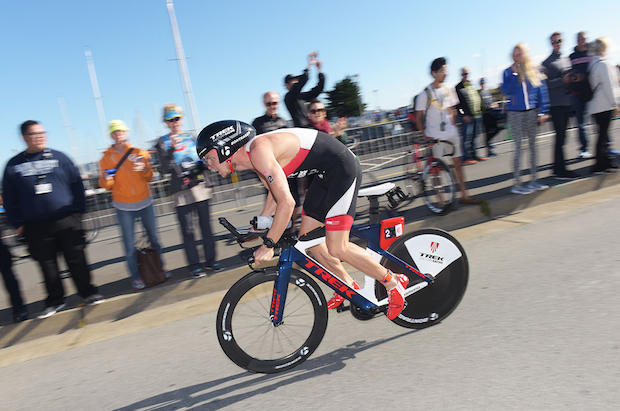
For as much as data as we use in today’s world, data can only do so much. I often tell my athletes, if I could peek into your mind at the startline, and listen to your thoughts, I can tell how the race is going to go.
After the swim was canceled, many probably let frustration set in, instead of adjusting and using the situation to their advantage.
Ben Kanute told me at lunch the day before when the swim course was looking to be potentially shortened or cut, affecting what has been known to be a clear strength for him, “I came to race, I don’t care what the course is.” Once the swim was cancelled and time trial start was announced, Ben switched gears to being a duathlete seamlessly.
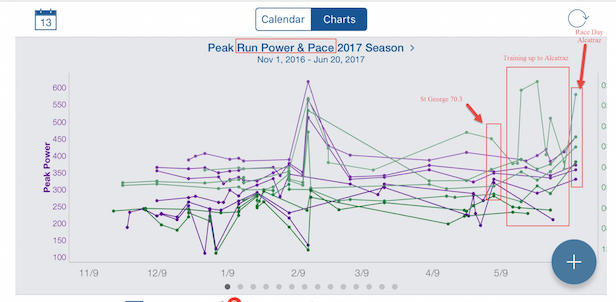
Truth be told, I think Ben knew he was going to win this race a few weeks ago, and I had a sense too, bought a plane ticket to come watch it unfold. Coaching Ben, I have seen his confidence after Ironman St. George 70.3 North American Championships has been very high, and his training going outstanding. His run training really showing improvement. Here is a chart of his run power peaks from his Stryd unit, and his peak paces. The trend of the data after St. George shows how well he was going, and he expressed it at Alcatraz, despite a crushing bike effort (read on for the bike file).
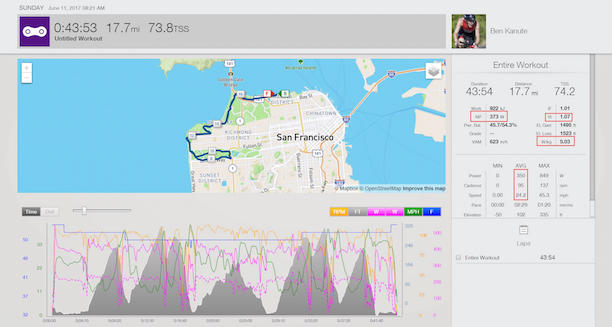
The success of his training, shown by the data, gave him the confidence to know he was ready, even when the swim was cancelled. He used that confidence and focus to capture the biggest win of his young career, and do it when probably no one expected him to, given the lack of swim, short bike course (18 miles) and longer run course (8 miles).
Ben’s bike power file shows just how hard his bike effort was, with his TSS being almost 75, in less than 45 minutes! Here’s an image of his file, but his data can be viewed at this link here.
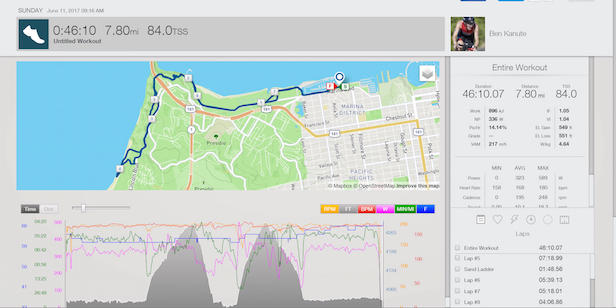
His peak power output for 10 minutes was 390 watts, and 30 minutes at 369 watts. Those power averages were two of his 10 best outputs of his life, ever, and they were done on a course which is very hilly, with periods of coasting.
Once he caught Cam Dye at half-way thru the bike, Ben knew he was in for a great day, given the numbers he saw on the bike, and how much he respects Cam’s ability, especially as a rider. Ben pushed hard on the way in and averaged an impressive 5.3 watts/kg for the 43 min ride.
Ben’s run file for the day shows a conservative start, and strong finish. The fact he was in the lead for the entire run gave him no one to pace off-of, or shield him from the strong head winds coming off the ocean. This was the challenge of a time trial start, especially being at the front, you get limited opportunity to see how your competitors are racing. Add in the complexity of a longer, odd-distance run, and pacing with two major climbs can be challenging.
Still he managed to match the fastest split of the day up the infamous Sand Ladder, where he had a peak power output on the run 415 watts for the 1:50 interval. Here’s an image of his run file, but the data can be viewed at this link here.
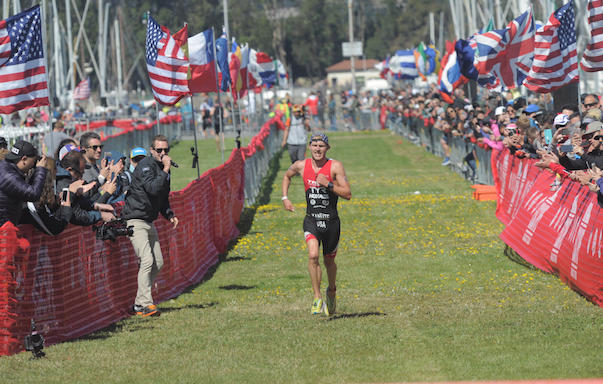
His higher power outputs late in the run show me how well he paced and still had something left at the end. Perhaps he could have found another gear, but it is a good sign for the weeks and races ahead.
Here’s what Ben had to say about the race:
"It is obviously a huge disappointment to have a swim cancelled at any race, especially Escape from Alcatraz. It is an iconic swim that is one of the more challenging in the sport. As a very strong swimmer, I could have let this ruin my day. I think most people who know me and how I race would say that cancelling the swim would only hurt my race. I basically gave myself the Uber ride back to Marina Green to feel sorry for myself, and then I said 'F@#$ it. Let's win this thing.'
To be frank, that was the race right there. I got excited to smash the course and my competition. I wanted to win, and the way for me to do so was to light up the bike course and have a strong run. I did just that. The story is really in the files that Jim analyzed. I was in the zone the entire day. I was looking at everything objectively and just checking each box off that I needed to. The hardest part came after crossing the line where I had to wait and watch each guy cross the line. To win this race is a huge step for me, and I am excited to join some of the legends of the sport that have won this race, with or without the swim."
(Editor's Note: Ben is currently fielding questions in an "Ask Me Anything" thread in our Reader Forum, linked here).
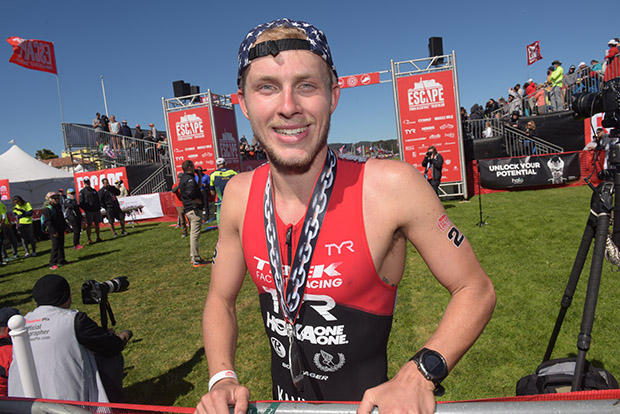
Ben’s mentality and confidence coming into the race, are really what won it for him. Sure, he had the fitness, but many athletes losing their big strength would not be able to handle that type of adversity. A confident athlete is a dangerous competitor, and Ben’s confidence is very high, the data helps show why.
Jim Vance is Ben Kanute’s coach, and author of Triathlon 2.0, and Run With Power. He is based in San Diego, CA, and coaches for SuperFlyCoaching.com. You can learn more about him at CoachVance.com



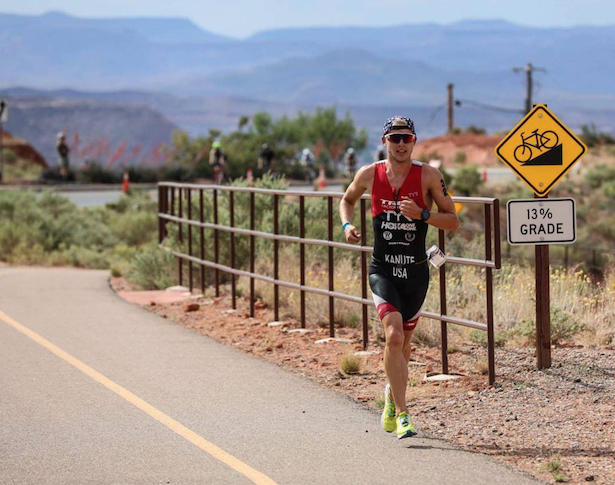
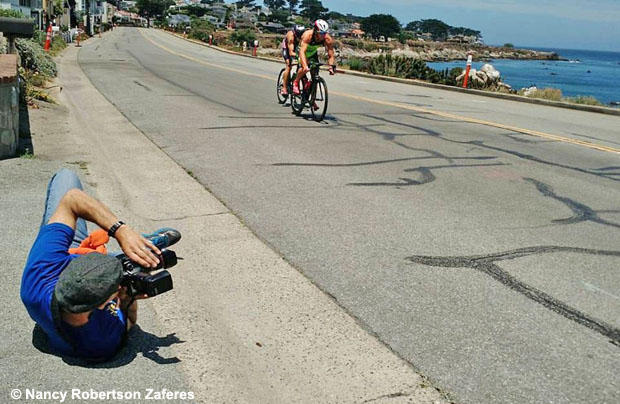
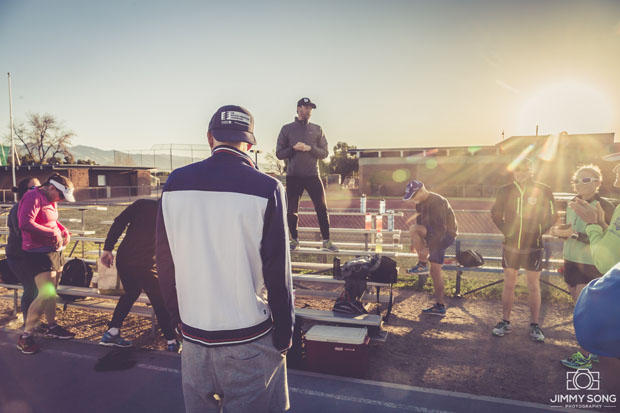

Start the discussion at forum.slowtwitch.com